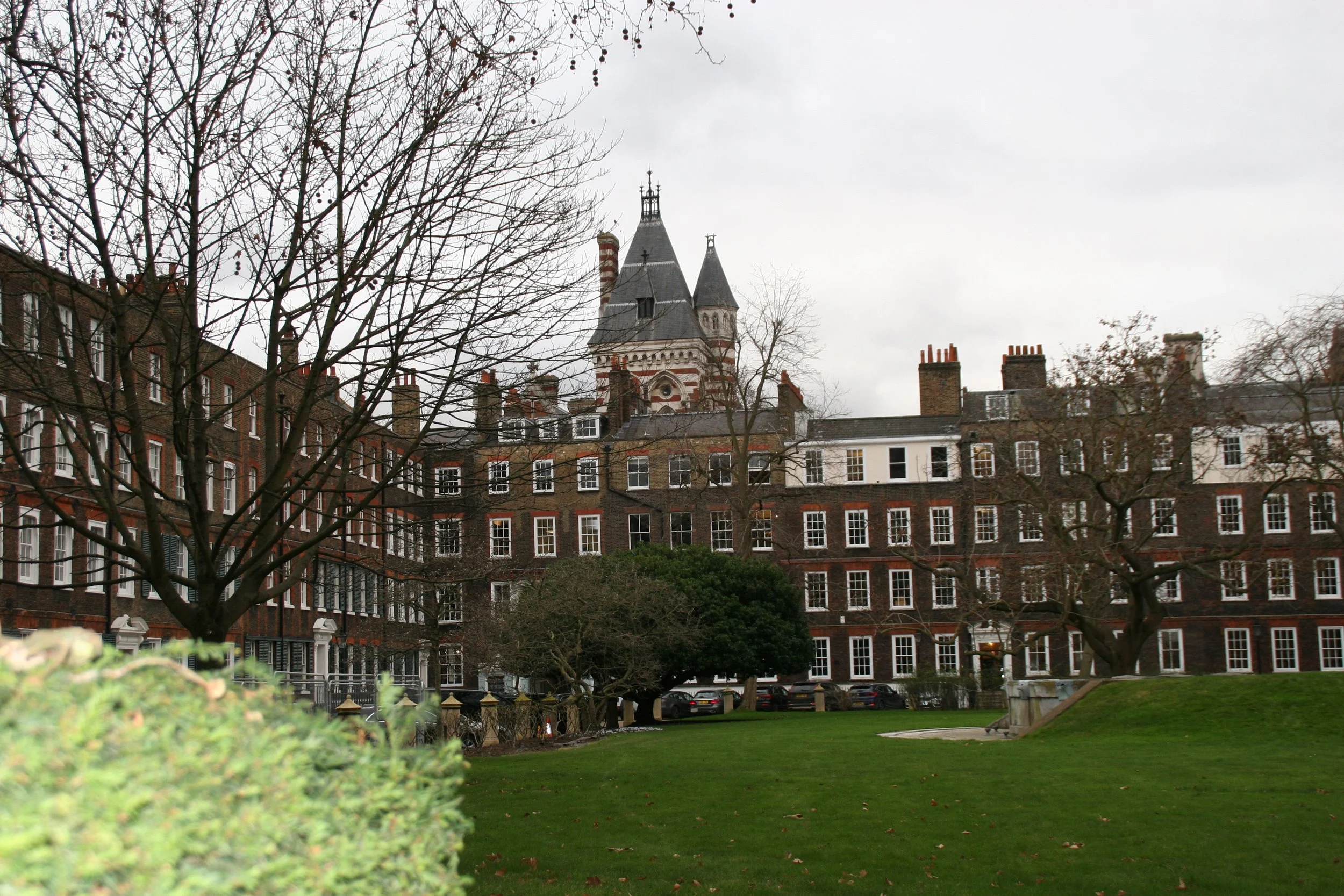UK supreme court grant CANDEY permission to appeal
On 29 March 2021 the UK Supreme Court granted CANDEY permission to appeal in respect of its ongoing dispute against the Liquidators of Peak Hotels and Resorts Limited (“Peak”).
The appeal is of real public interest given that it concerns the right of lawyers to be paid first from any recoveries.
This ancient right, known as the solicitors’ lien, facilitates access to justice. It enables lawyers to act for parties who have meritorious claims but cannot afford to pay them by deferring payment or making payment conditional on success. As well as those interested in civil liberties the case will be of real interest to funders.
Peak was a joint venture partner in Aman Hotels, an uber luxury hotel group and client of CANDEY. CANDEY was acting in litigation in the BVI, Hong Kong, New York and London. Peak was unable to continue paying CANDEY’s hourly rates and so after taking independent legal advice agreed to pay CANDEY a fixed deferred fee of £3.86 million. As well as relying on rights in England pursuant to common law CANDEY also registered security by way of a fixed and floating charge in the BVI. The fixed fee retainer made clear that in the event of any recovery CANDEY would be paid its fees first.
The company fell into liquidation and the liquidators continued to instruct CANDEY and then settled the litigation for $14 million. The liquidators accepted that the fee was fair and reasonable but refused to pay CANDEY the full fee arguing that CANDEY should only be paid hourly rates pursuant to its BVI charge.
CANDEY refused the offer of the hourly rate, as the fixed fee was the deal. There were 2 Court of Appeal hearings in relation to whether CANDEY could charge monies in Court (pursuant to which it was successful) and the value of its BVI security. In the third Court of Appeal appeal when seeking to enforce the rights of lawyers to be paid first from their recoveries the Court held that by taking the BVI charge CANDEY had waived its common law rights. It stated that CANDEY’s reservation of the right to be paid first was not a reservation and as interest was charged in the BVI charge it was inconsistent.
CANDEY contend that the Court of Appeal are wrong. They argue that by taking security in the BVI they sought to bolster their worldwide security rights, that they had not waived any of their rights, and they in fact had reserved them. As to interest Lady Justice Rose was mistaken as interest was in the fee agreement and not the charge as is clear from the retainer and charge.
The Supreme Court is likely to hear the dispute in 2021 or 2022.

